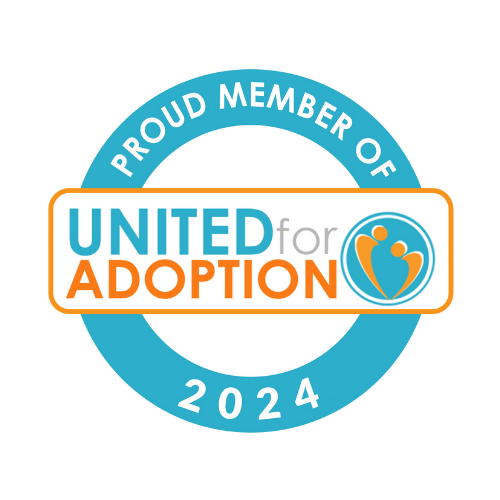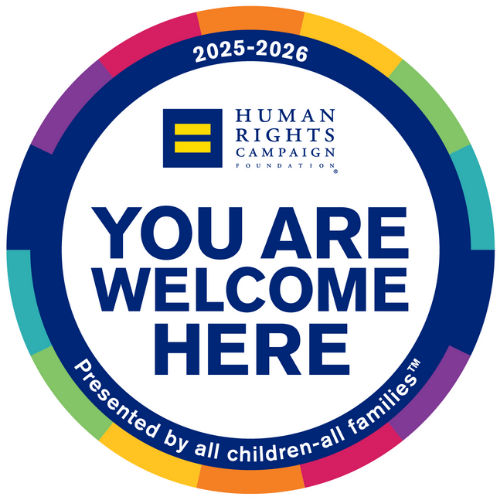 Zion’s Bank Community Newsletter
Zion’s Bank Community Newsletter
by Natalie Hollingshead
You don’t have to be a parent to feel heartache for children who are not cared for safely. Orphaned or neglected children are often a primary concern whenever news of a disaster abroad reaches home. But needy children are a universal challenge. Thousands of children in Utah’s foster care system need safe, loving homes, and the Utah Foster Care Foundation exists to find families for those kids.
The foundation’s Retention Services Department also supports foster families. Annual events include a Chalk Art Festival each June on Father’s Day weekend at Salt Lake City’s Gateway Mall, where selected foster dads are honored, and the Foster Family Camp in September at Aspen Grove in Provo Canyon. The department’s Wishing Well Fund helps cover the many expenses not covered by DCFS reimbursement, such as a prom dress, a baseball mitt or dance lessons. The nonprofit welcomes donations to those efforts and is also seeking corporate partnerships or sponsorships to foster its mission.
“Utah’s foster parents are remarkable people,” Peterson says. “Most foster parents are not wealthy folks, so they can’t afford to pay for extras. They’re not in it for the money. They want to make a difference in the lives of children.
“Children and teens need families. When you see that kids can heal from heartache and abuse when they are placed with a well-trained, loving family, it makes it all worthwhile.”
“We serve Utah’s children by finding, educating and nurturing families to meet the needs of children in foster care,” says Kelly Peterson, licensed clinical social worker and CEO of the foundation. “We find families for children, not children for families.”
Utah Foster Care Foundation was founded in 2000, but its roots reach back to 1994, when a lawsuit and settlement agreement between the National Center for Youth Law and the State of Utah had lawmakers wondering what they could do to improve the foster care system. A special commission recommended the formation of a nonprofit organization to develop innovative strategies to recruit, train and assist the Division of Child and Family Services in their support of foster/adoptive families. UFCF was the innovative result.
“Now, Utah is a role model for the nation,” Peterson says. “No one does it the way we do it here. According to Paul Vincent, one of the lawsuit monitors, Utah has the highest-quality, most committed foster parents in the nation.”
Through billboards, commercials and other recruitment efforts, the foundation searches for families willing to house one or more of the 2,600 children in foster care statewide.
Interested families undergo an initial in-home prescreening and then are given an invitation to attend training and a licensing application. Next, they attend 32 preservice hours of training on topics including child development; grief, loss, separation and attachment issues; the legal system; and parenting skills.
“It is intense training, and it’s all free,” Peterson says. “It helps people to make an informed decision on if they are really cut out to do this work. After the training people always remark that every parent should have this training before they have a child.”
Upon completion of the training, a certificate of graduation is sent to the Office of Licensing, a state entity responsible for a thorough in-home evaluation and background check. Final placement approval is provided by DCFS. Last year, the foundation trained more than 750 families for foster/adoptive or kinship care. The need for new foster families is ever-present with approximately 400 to 500 families leaving the system due to adoption or retirement.






